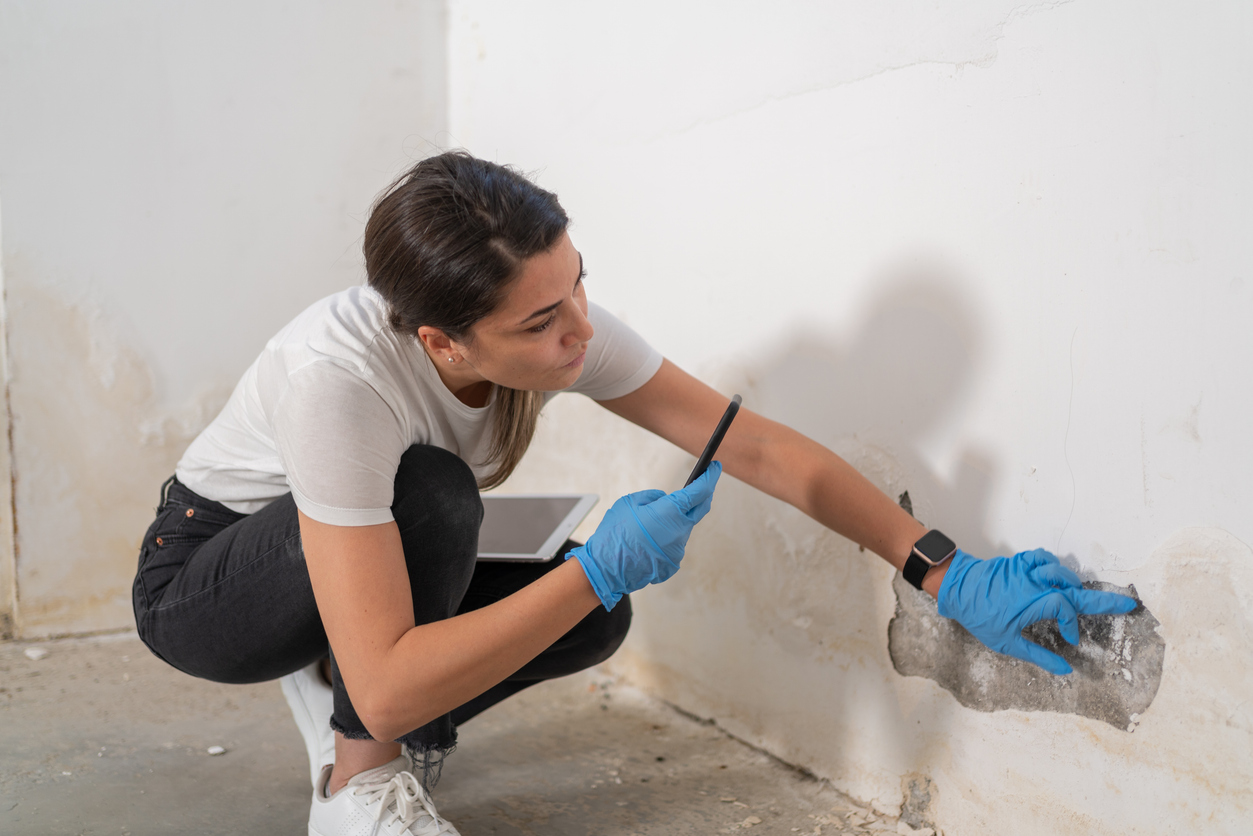Whether you’re a commercial business owner or a residential homeowner, your property needs protection. You want exactly the right insurance coverage to protect your assets against unexpected weather and other catastrophic events.
How do you ensure that you have exactly the right coverage? In this two-part blog series, we’ll help you get started by asking some key questions designed to give you the information you need to make this critical self-assessment. Ask the following questions when you sit down with your insurance agent to discuss your coverage. The answers will help you understand critical coverage elements that are sometimes overlooked or misunderstood.
1. DOES MY POLICY INCLUDE REPLACEMENT COST COVERAGE, AND HOW DOES IT WORK?
This is an important area of your policy that is sometimes hard to understand. The term “replacement cost” is a bit misleading, because when you suffer a loss, you don’t actually get the full cost of replacing the lost item. Instead, you receive the actual cash value-equivalent, which is the full cost of the item less the depreciation amount. Suppose you suffered a property loss – a tree fell on your house, for example – and it will cost $100K, on the date of loss, to repair or replace the structure with material of like kind and quality. Using this “replacement cost” as a baseline, your insurance company will then determine the structure’s “depreciation” – a reduction in the replacement cost based on the age, condition, and structure itself. If the amount of depreciation totals $10K, then the “actual cash value” – that is, the replacement cost less the depreciation — of the damaged structure is $90K. And the actual cash value – in this case, $90K – is what the insurance company will pay you. UNLESS: your policy includes a “replacement cost endorsement.” If so, you can also recover the $10K in depreciation that you would otherwise lose. (Note: most states have a Statute of Limitations – in Massachusetts, for example, it is two years – and you must file your claim for damages within that window or you could face a denial of claim by your insurance company. Don’t be late with your filings!)
2. WHY SHOULD I INCLUDE CODE COVERAGE IN MY POLICY?
Because the replacement cost claim does not include code upgrades, it’s often worthwhile to augment your policy with code coverage. Ordinance or Law/Code claims are handled separately from base building claims, and code coverage is paid on an incurred basis.
If you end up making a code claim, you must provide the specific code(s) cited that were enforced and make sure they correspond with all relevant invoices. Typically, you need an architect, contractor, or professional for each pertinent trade to cite the specific sections of the code, and to provide the contact information of the inspector or code official of the town who is enforcing these sections of the code. If a specific code is not being enforced there is no coverage under the policy. Your code claim will also need a proposal that outlines the increased cost of construction for each code upgrade.
Ask your insurance agent about code claims, and whether it’s best to place the code items in a separate proposal or at least separate them within the same proposal. This serves to alert the insurance carrier of your anticipated claim and provide them the opportunity to review and respond – and hopefully avoids any issues after completion of work when an insurance carrier might refuse to pay part or all of the claim.
Don’t be shy – ask away!
Remember – you’re not asking these questions because you don’t trust your insurance agent. Rather, you’re asking them because you want clarity and full mutual understanding of what your respective duties and obligations are. Taking the time early on to get a grasp on these key issues will ensure that your insurance claim – should it ever take place – proceeds smoothly and expeditiously.
FOR ANSWERS TO OTHER PRESSING QUESTIONS, CHECK OUT PART 2 | 5 KEY QUESTIONS TO ASK WHEN PURCHASING INSURANCE COVERAGE IN AN UPCOMING POST.




